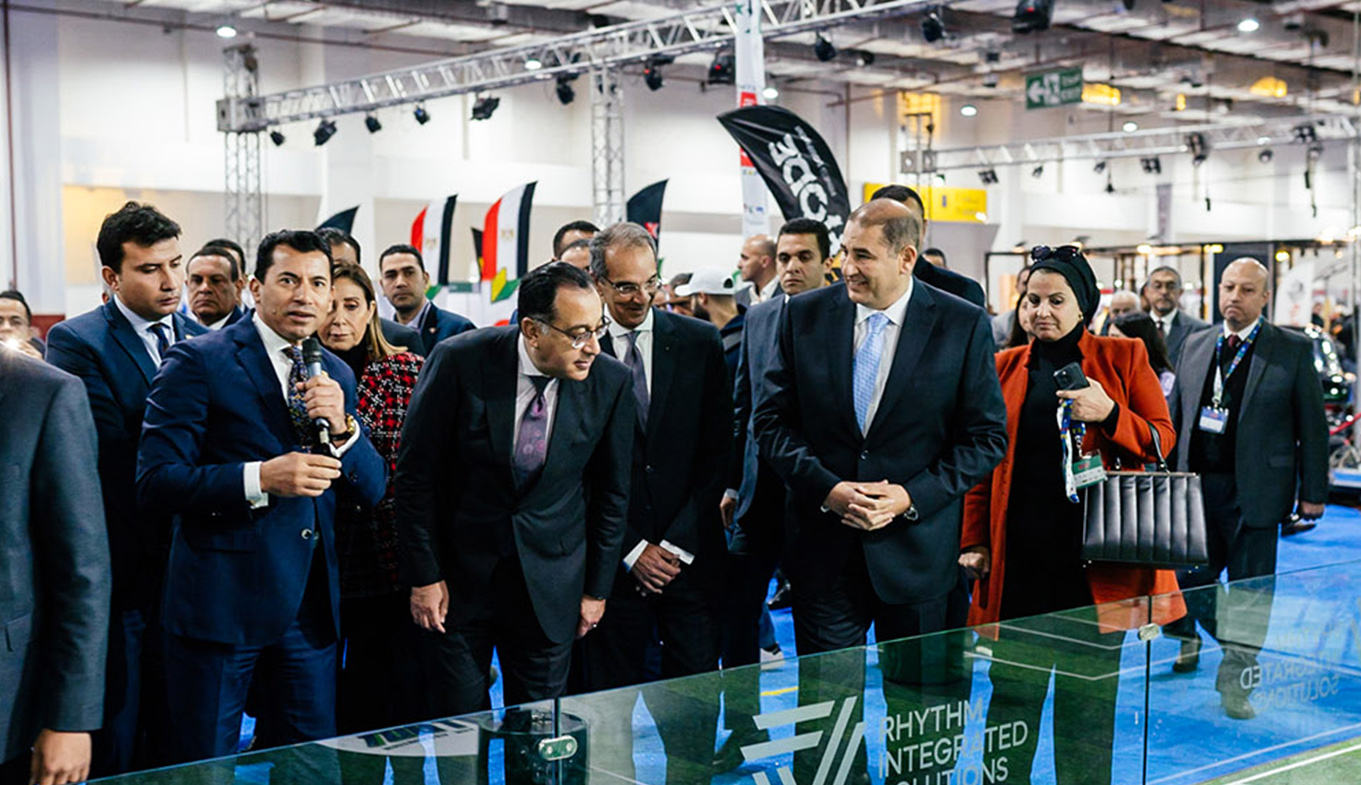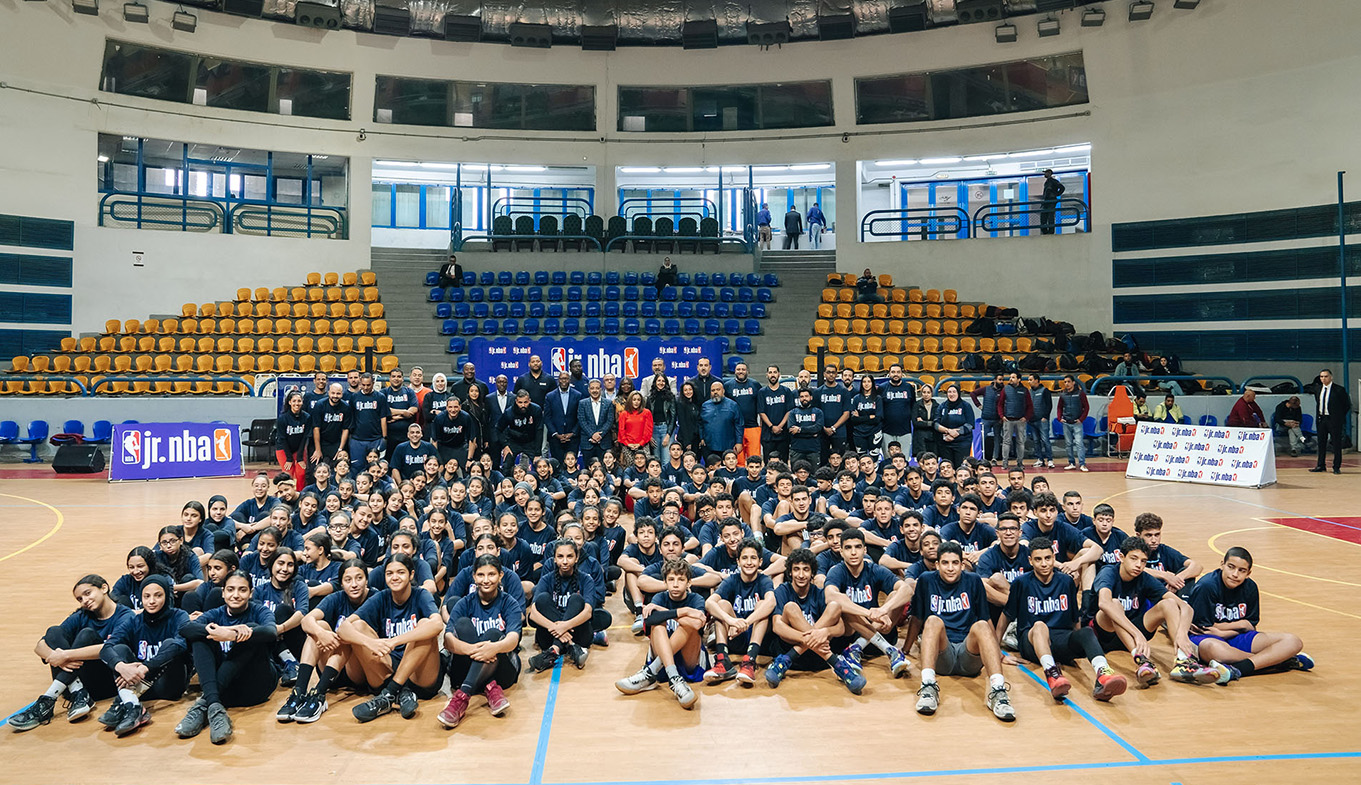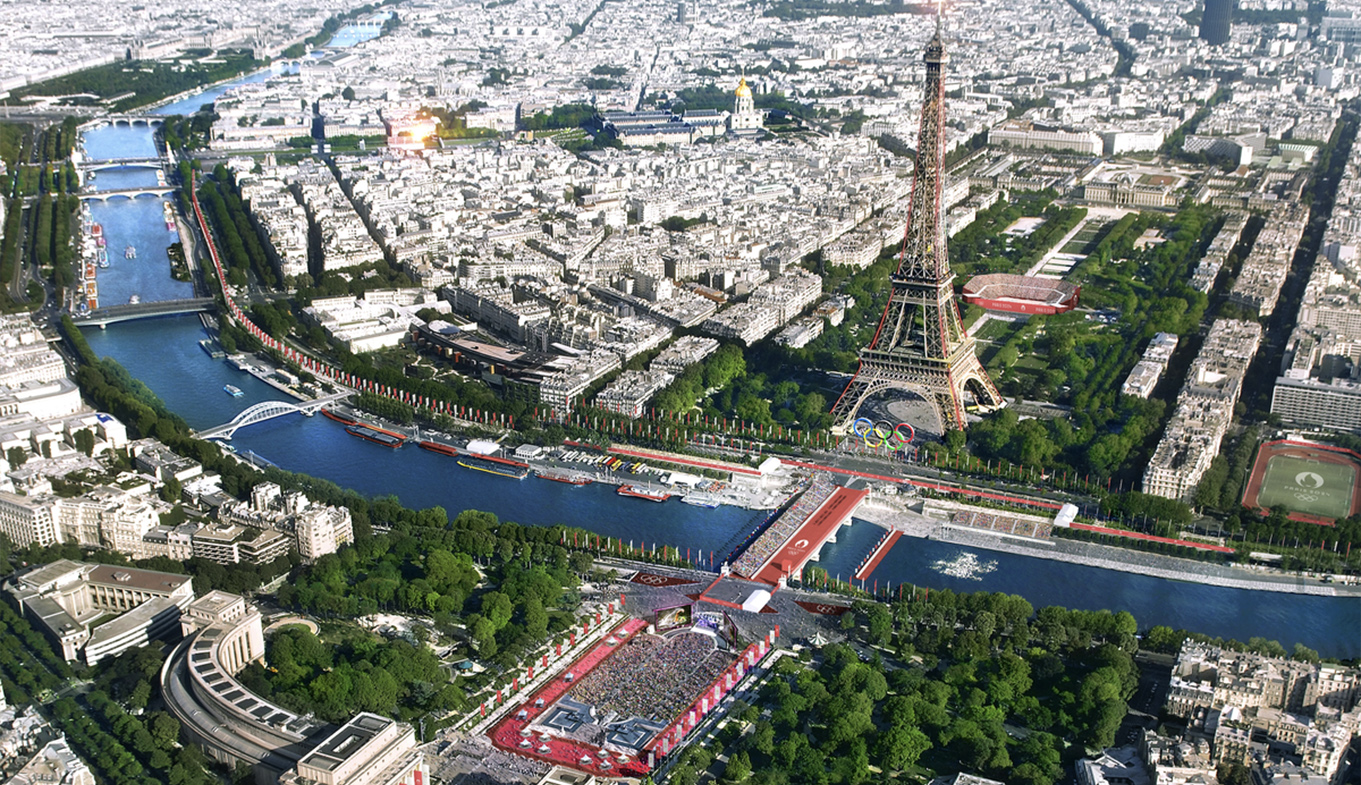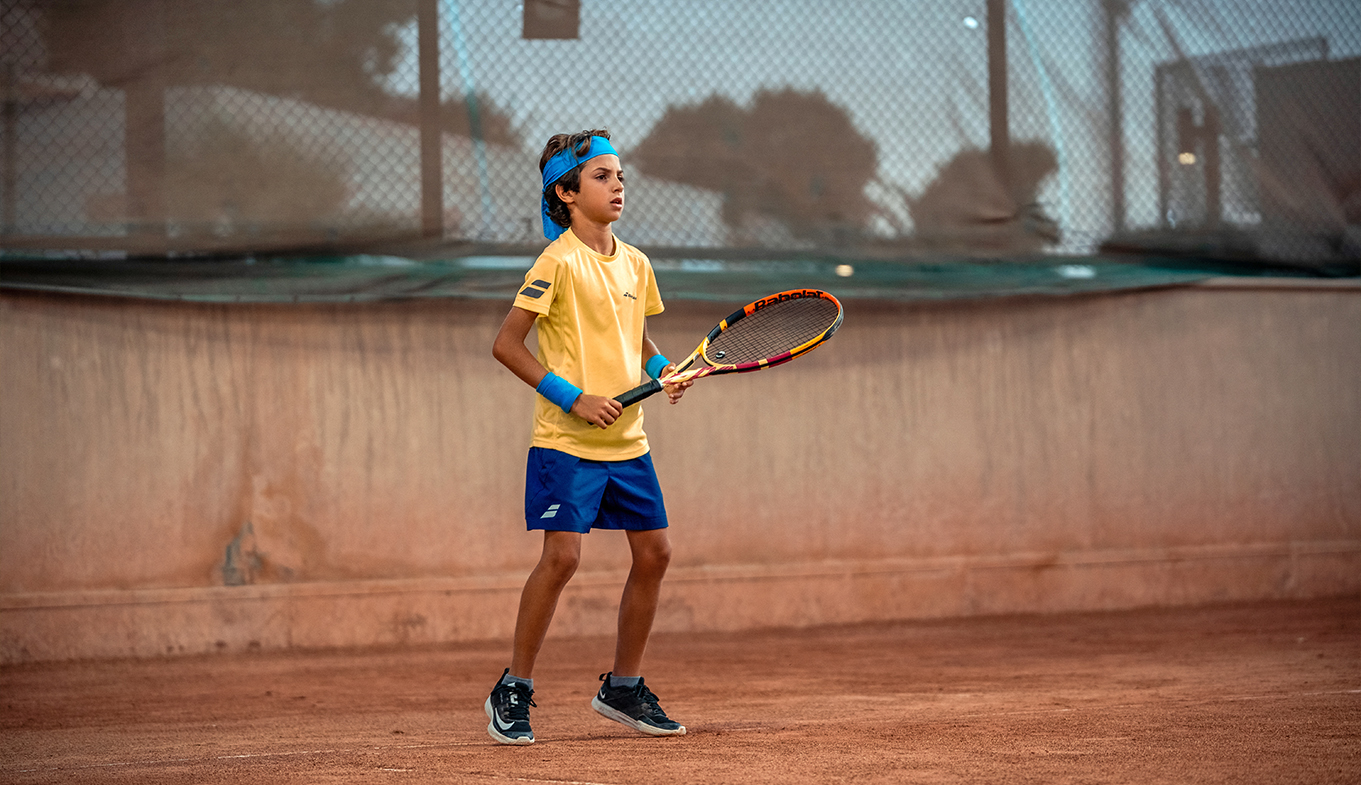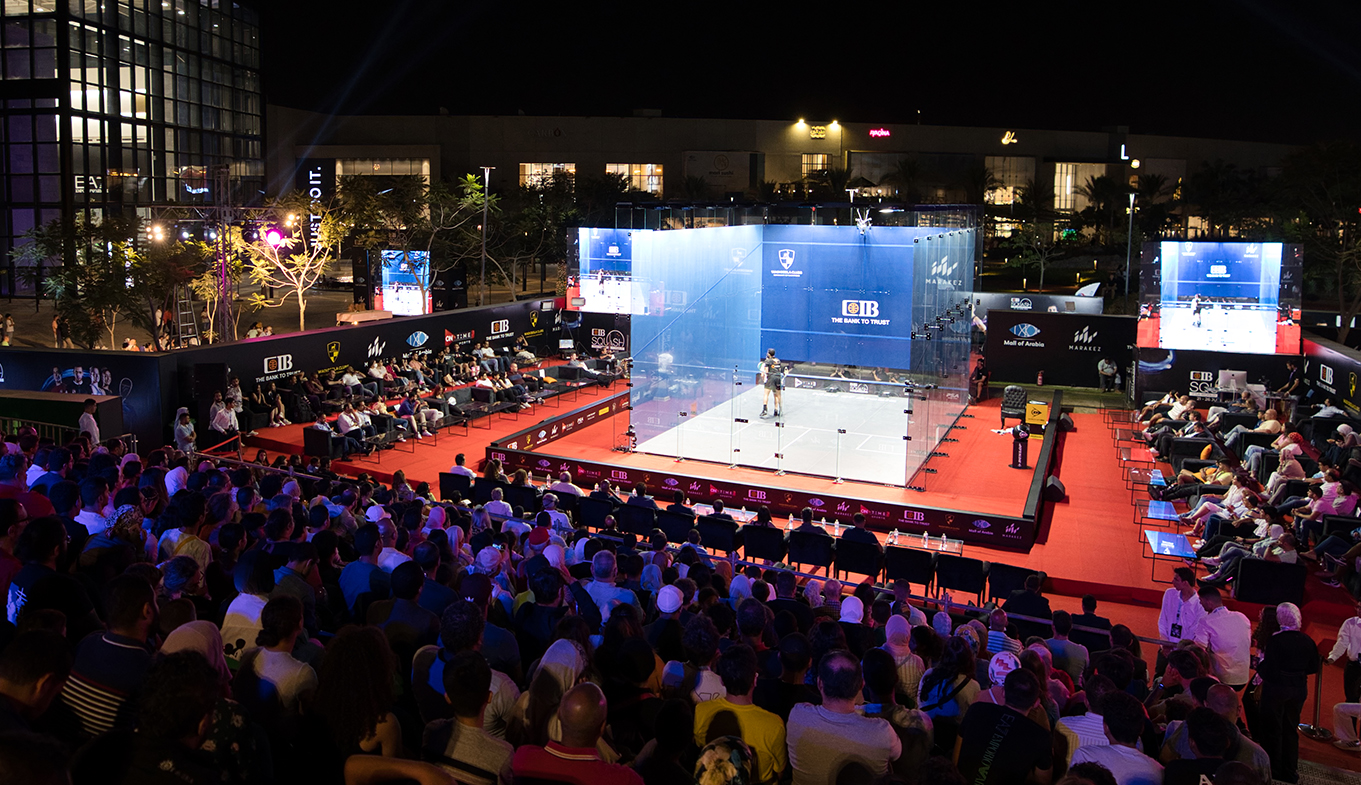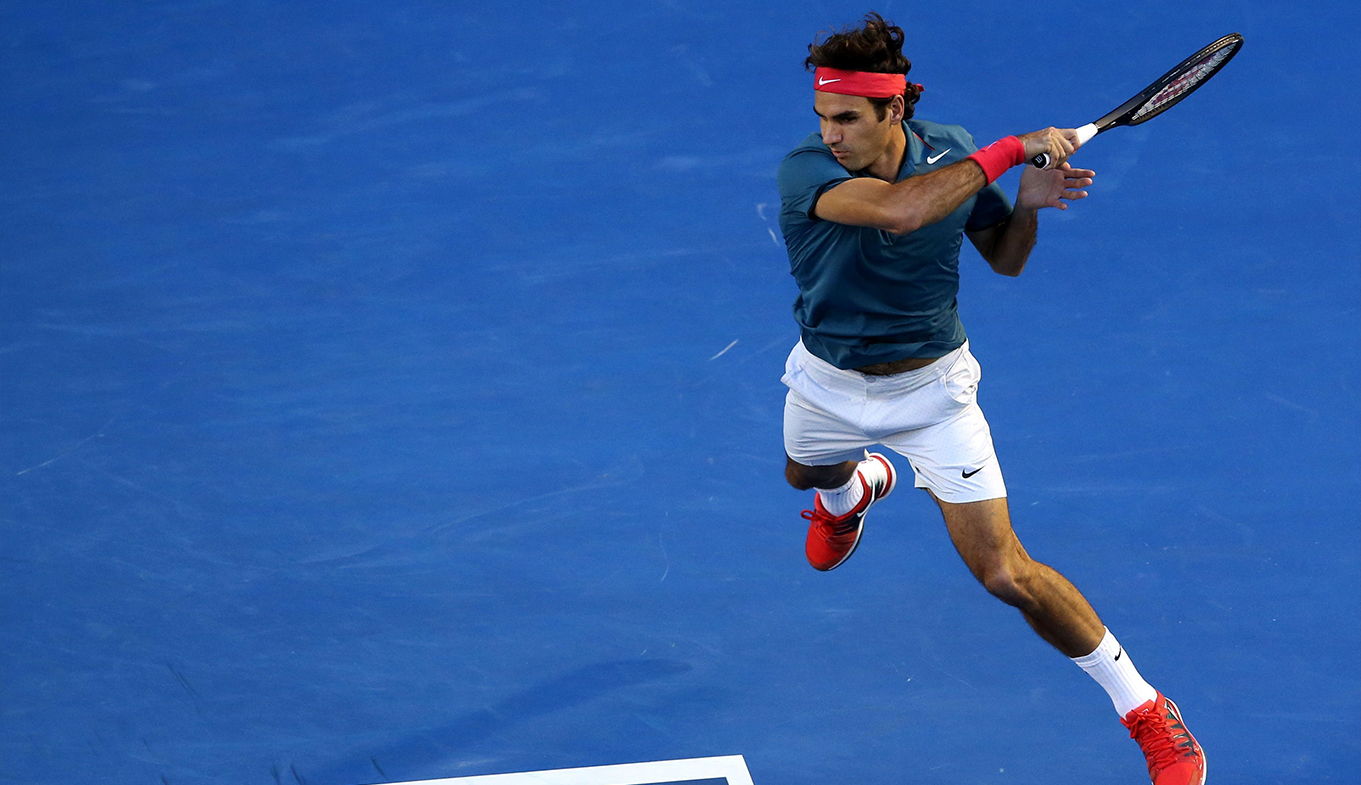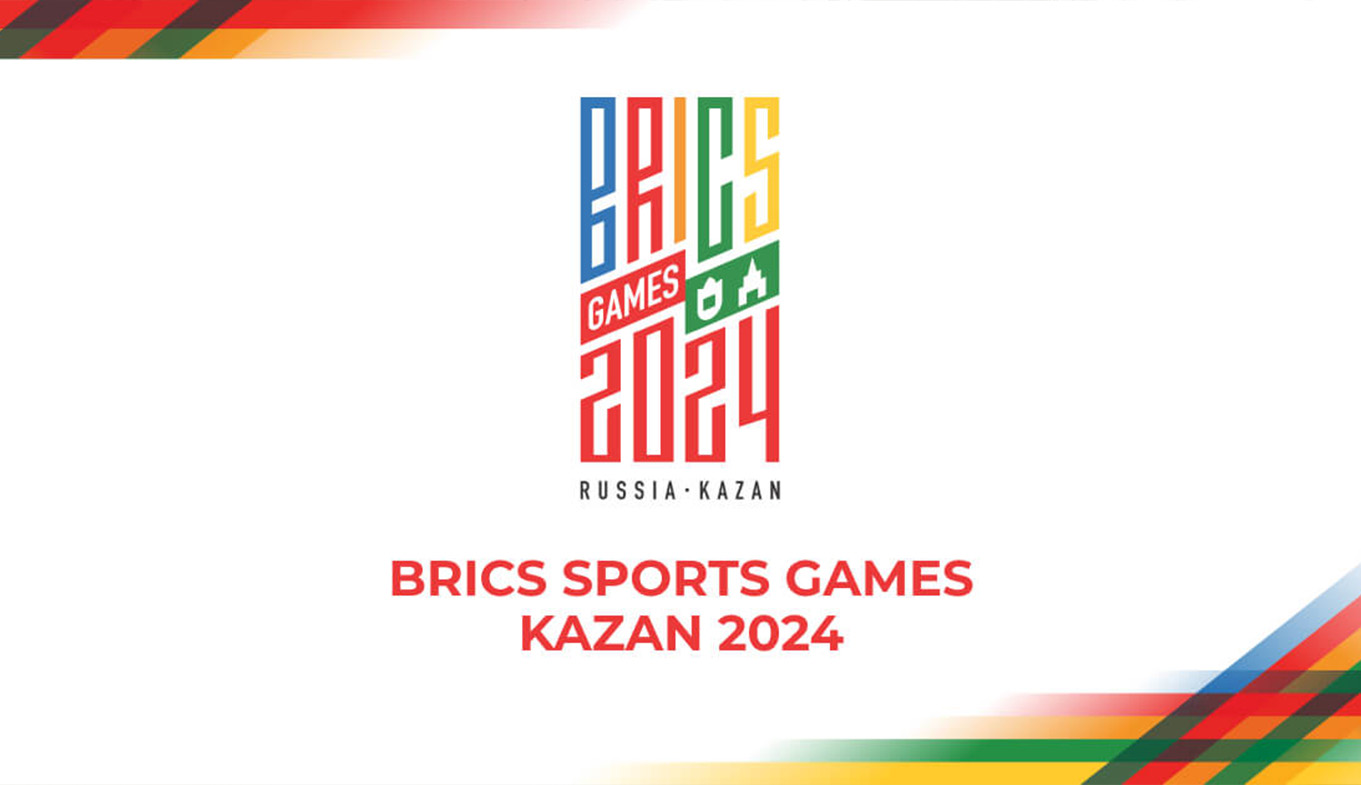The potential for the BRICS Games and the World Friendship Games to become future alternatives to the Olympic Games is complex and debatable. Some countries, particularly Russia and those aligned with it, countries "feeling" the overruling of the Olympic Charter by their national sports laws, and the IOC's handling of the Russia-Ukraine situation and the Gaza Genocide situation, may be growing disenchanted with the International Olympic Committee (IOC) due to factors like perceived bias, doping scandals, and political influence. This could lead them to favor alternative platforms like the BRICS Games and World Friendship Games.
Focus on specific demographics: Both Games cater to specific groups of nations, the BRICS countries Brazil, Russia, India, China, and South Africa, and the five new joining countries, Saudi Arabia, Iran, the United Arab Emirates, Ethiopia, and Egypt entered BRICS as full members on the 1st of January 2024, now referred to as BRICS+. The BRICS grouping was created in 2006 by Brazil, Russia, India, and China, while South Africa joined BRICS in 2011.
In 2024, Russia will hold the Chairmanship of BRICS+. While referring to the entry of the new members, with the entry of these countries, BRICS+ now accounts for a significant percentage of the global economy and population. The organization also accounts for over 40 percent of the global crude oil supply. Several other countries from the global south have evinced interest in joining BRICS.
The BRICS Games are annual multisport competitions among member states of the BRICS group. The event is usually organized by the country chairing the group that year.
Following the success of the first BRICS Games in 2018, the decision was made to expand the traditional sports Games program to include the national sports of the participating countries.
In 2020, following the results of the first BRICS Sport Ministers Meeting, a Memorandum of Cooperation in the field of physical education and sport was adopted, which, among other things, provides for the holding of the annual BRICS Sports Games by the chair country.
The BRICS Games have been held three times in 2019, 2020, and 2021. Due to the threat of the spread of COVID-19, the Games were held online. As part of the Russian chairmanship of BRICS, the 2024 Games are planned to be held in Kazan (Republic of Tatarstan). The main goal of the tournament will be to strengthen friendly sports ties among the BRICS countries based on the principles of equality, non-discrimination, and equal access of athletes to competitions. The international multisport event will be held on 11−23 June 2024. The Games will be held ahead of the BRICS Summit in October, which will also be hosted by the capital of the Republic of Tatarstan.
The 2024 BRICS Games will include 29 sports: Badminton, Boxing, Breakdancing, Canoe Sprint, Rowing, Judo, Karate, Koresh Belt Wrestling, Athletics, Table Tennis, Swimming, Beach Volleyball, Beach Handball, Diving, Sambo, Artistic Swimming, Skateboarding, Wrestling, Artistic Gymnastics, Tennis, Weightlifting, Wushu, Fencing, Basketball Double-Event, Football Double-Event, Chess, Rhythmic Gymnastics, Belt Wrestling, Equestrian Sports. Three thousand athletes will compete for 13 days at 18 sports venues to win 389 medal events. The BRICS Games 2024 will be broadcast by Match TV.
About five thousand participants are expected at the BRICS Sports Games, three thousand of which are athletes and another two thousand are officials. Invitations to the Games have been sent to the five BRICS member states (Brazil, India, China, South Africa, and Russia) and six countries (Argentina, Egypt, Ethiopia, Iran, Saudi Arabia, and the United Arab Emirates), which admitted to the alliance starting 1 January 2024.
The BRICS Sport Ministers meeting is scheduled within the framework of the BRICS Sports Games 2024, as well as the approval of the concept of sustainable development and rules of conduct for the BRICS Games 2025-2030.
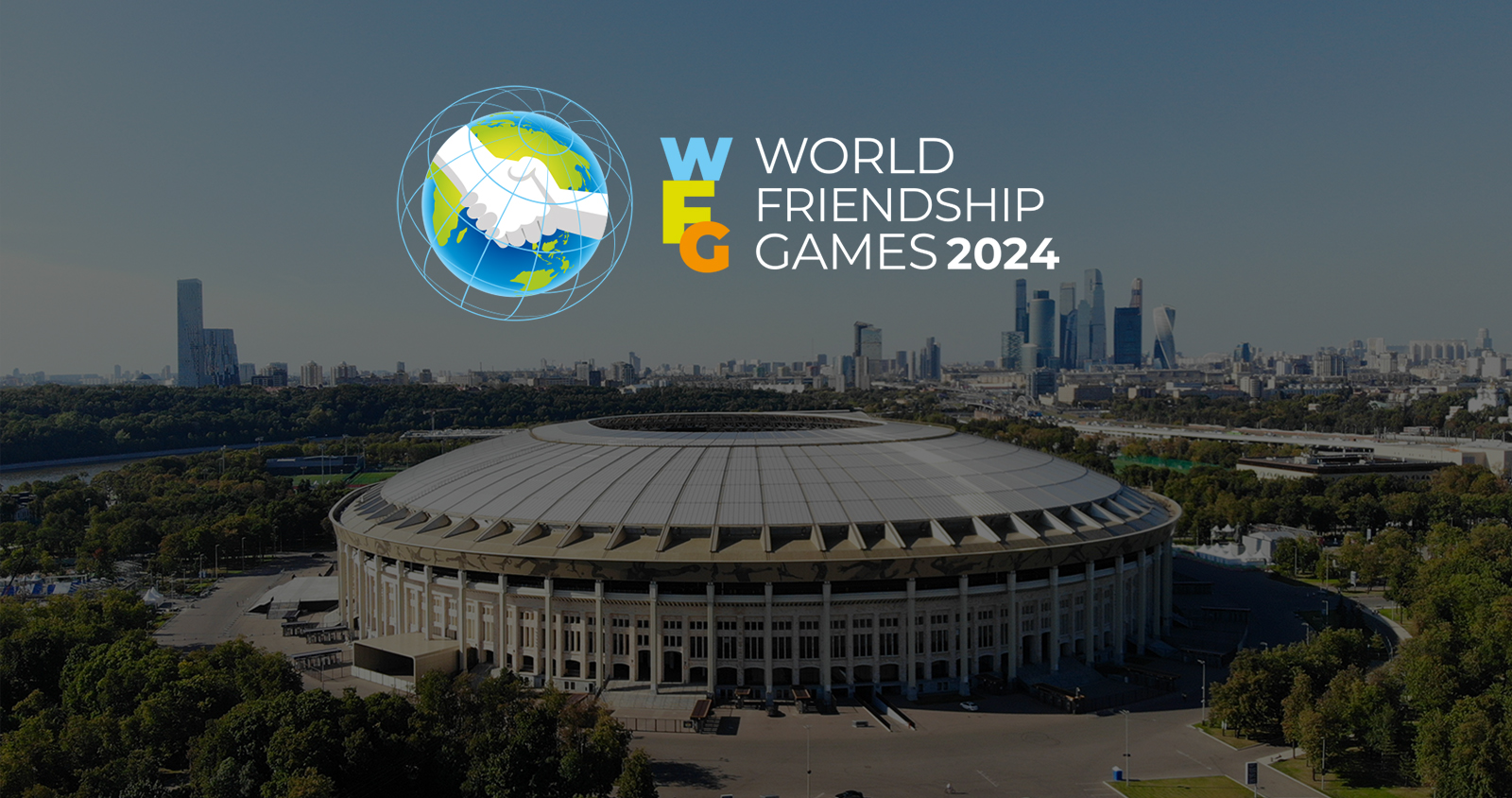
The World Friendship Games potentially targeting nations friendly to Russia, this could offer them greater control over the event's structure and agenda compared to the global reach of the Olympics.
The 2024 World Friendship Games, at Moscow and Ekaterinburg (Russia) during the period September 15 – 29, 2024, will be the first multi-sport event under the auspices of the International Friendship Movement and will feature competitions in 33 summer sports. The only criterion for participation is the athlete's own sporting performance. The 2024 World Friendship Games will feature a completely new competition format, 31 Competitive sports (Breaking, Cycling, Archery, Beach Soccer, Weightlifting, Rhythmic Gymnastics, Padel, Boxing, Chess, Acrobatic Rock'n'Roll, Skateboarding, Taekwondo, Artistic Gymnastics, Basketball, Diving, Fencing, Sport Climbing, Swimming, Athletics, Judo, Wrestling, Artistic Swimming, Beach Volleyball, Badminton, Canoe slalom, Table Tennis, Equestrian sports, Jujutsu, Karate, Mixed Martial Arts, Sambo, and Triathlon, 2 demonstration sports, Mas-wrestling and Sumo. 15 competition days, 23 sports venues, 283 sets of medals, 2 host cities. Moscow, the capital of the Russian Federation, a city with a rich tradition of hosting major international competitions, will host 6 sports in 4 sports venues. Ekaterinburg, the capital of the Middle Ural, located on the border between Europe and Asia, is Russia's fourth-largest city by population. Ekaterinburg will host 28 sports in 19 sports venues. Russia is heavily invested in both games, providing significant financial and logistical support. This could ensure their sustainability and attract participating nations looking for alternative sporting platforms. Compared to the Olympics, the BRICS Games, and World Friendship Games lack global participation and widespread recognition. This could diminish their prestige and appeal to athletes and sponsors alike. The IOC actively discourages participation in alternative games like these, potentially leading to sanctions or exclusion from future Olympics for athletes and nations who defy this. While the BRICS Games and World Friendship Games might offer alternative platforms for sporting competition, it's unlikely they will completely replace the Olympics in the near future. The challenges of limited reach, political ties, and IOC opposition pose significant hurdles. However, they could potentially evolve into significant regional or thematic sporting events, catering to specific groups of nations or promoting particular sports and values. It's important to remember that the current international political landscape is highly fluid, and the future of these games, as well as the Olympics, remains uncertain. Their long-term viability will depend on factors like evolving geopolitical dynamics, the IOC's response, and the overall appeal these games hold for athletes, nations, and sponsors.
Stay up to date for both, the BRICS Games and the World Friendship Games. You may visit https://bricskazan2024.games and https://games2024.ru
I hope this information provides you with a comprehensive understanding of the situation and helps you form your own opinion on the potential of these games as future alternatives to the Olympics.
